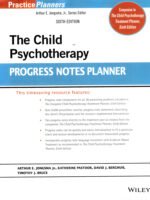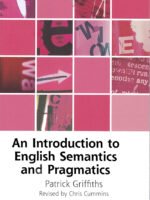The book explains how our minds and our bodies are intricately connected, and, consequently, both are highly affected by trauma and prolonged stress. As research shows, when this residual pain is not healed, new learning cannot take place. To support educators’ healing and learning processes, the book provides an overview of several mind-body disciplines, including yoga, mindfulness, meditation, Qigong, and breathwork. In addition to overviews of each discipline, Kathryn shares what the research says and provides engaging practices for educators.
Readers will also find:
- Identification of system-level contributing factors that bolster educator well-being, including supportive administration, social emotional learning programs, mentoring programs, points of connection, sense of belonging, and workplace wellness programs
- Acknowledgement of systemic issues that can serve as barriers of educators’ healing processes, especially those who identify as people of color, people of culture, and/or LGBTQIA2SI+
- Strategies to empower educators to address and work with their own trauma and negative emotions
- Ways for educators to understand and heal secondary traumatic stress
An essential resource for primary, secondary, and post-secondary educators, The Mind-Body Connection for Educators: Intentional Movement for Wellness is a great addition to the libraries of school administrators, principals, and other education professionals.









Be the first to review “The Mind-Body Connection for Educators: Intentional Movement for Wellness”